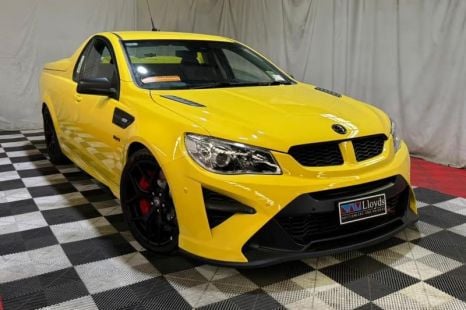

Damion Smy
Holden sales record as HSV sells for $1.2 million
34 Minutes Ago
After aiming for electric vehicles to account for half of its sales by 2025, Mercedes-Benz has now pushed back its target to 2030 – and included a major catch.

Contributor
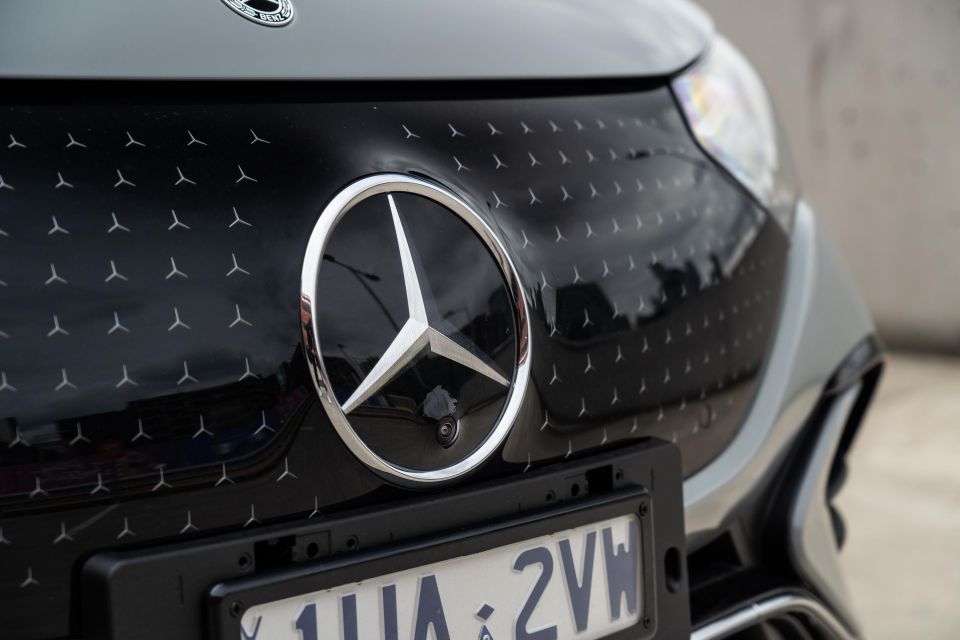

Contributor
Mercedes-Benz is the latest carmaker to revise its electric vehicle (EV) rollout plans, pushing back its sales targets by five years as demand for battery-powered models cools in major markets.
Earlier this week Mercedes-Benz announced it would delay its target for EVs to account for 50per cent of its global vehicle sales from 2025 to 2030.
However, there is yet another caveat, with the brand now including sales of plug-in hybrids – which can drive limited distances on solely electric power – in its 2030 target.
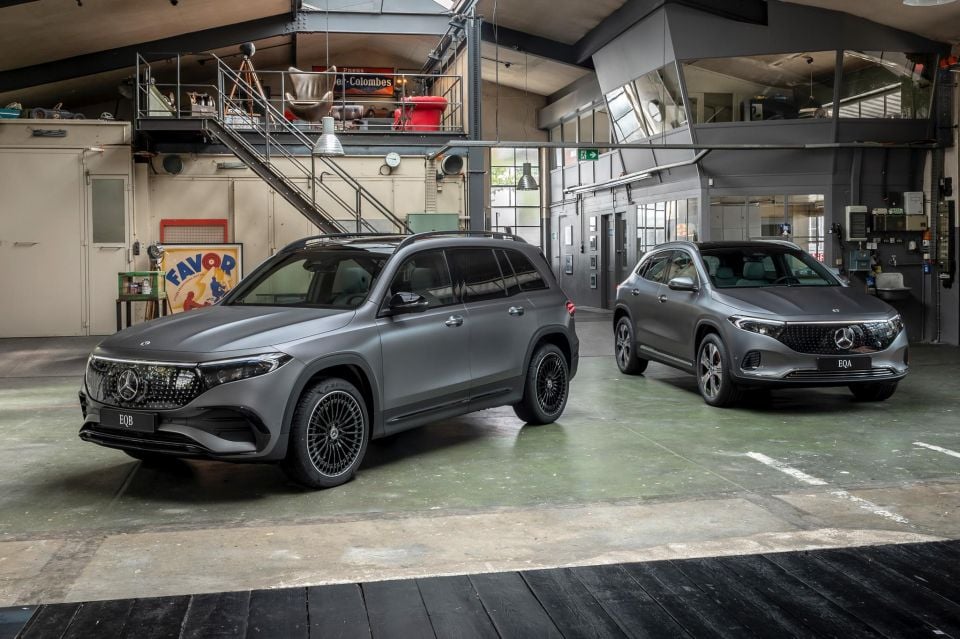
The 2025 target – announced in 2021 – was unlikely to be reached, given figures from the European Automobile Manufacturers’ Association show EVs accounted for just 14.6 per cent of the European market in 2023.
Mercedes-Benz will continue to launch and produce both petrol and diesel-powered vehicles alongside EVs for the foreseeable future, reportedly delaying plans made in 2021 to only roll out zero tailpipe emissions models from 2025. It’s unclear when this cutoff will move to.
The brand had previously announced its intention to go fully electric by 2030, but only in markets which supported the move, without announcing specific regions where it planned to phase out petrol and diesel cars.
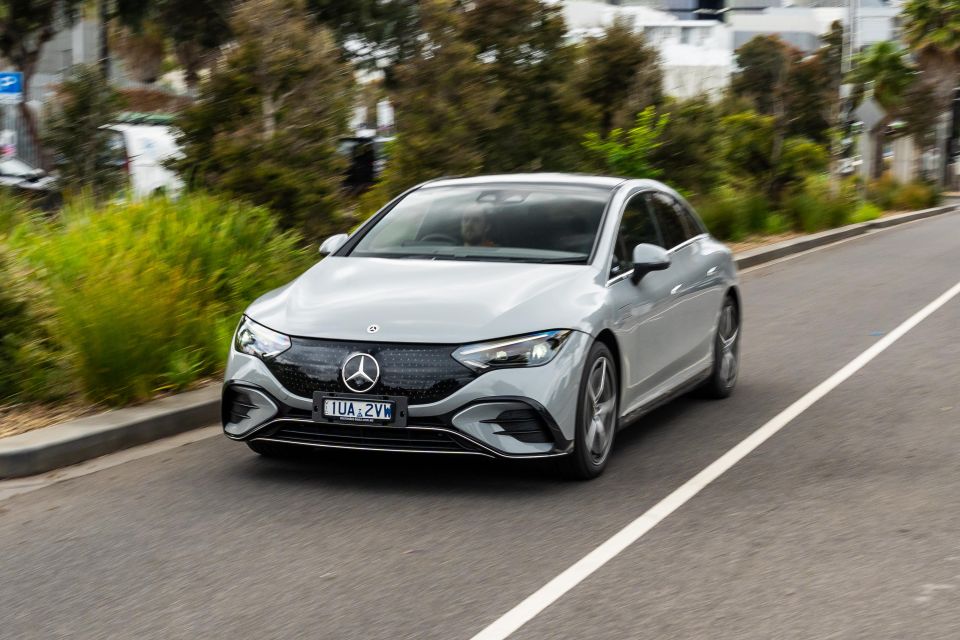
While Mercedes-Benz’s EVs accounted for approximately 20 per cent of its overall vehicle sales worldwide in 2023, battery-only models attributed about 7.7 per cent of the brand’s Australian division’s tally last year.
Across the 10 models sold by Mercedes-Benz’s passenger car and van divisions, 3188 EVs were sold in Australia, out of an overall 28,853 sales for the brand.
This ranked Mercedes-Benz as the fifth best-selling EV maker in Australia, behind Tesla (46,116 sales), BYD (12,438 sales), MG (5928 sales) and Volvo (3949 sales).
MORE: Everything Mercedes-Benz
Where expert car reviews meet expert car buying – CarExpert gives you trusted advice, personalised service and real savings on your next new car.
Born and raised in Canberra, Jordan has worked as a full-time automotive journalist since 2021, being one of the most-published automotive news writers in Australia before joining CarExpert in 2024.


Damion Smy
34 Minutes Ago
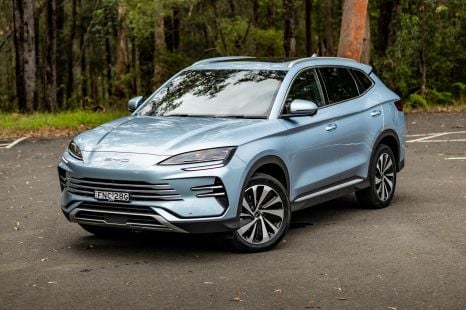

Josh Nevett
45 Minutes Ago
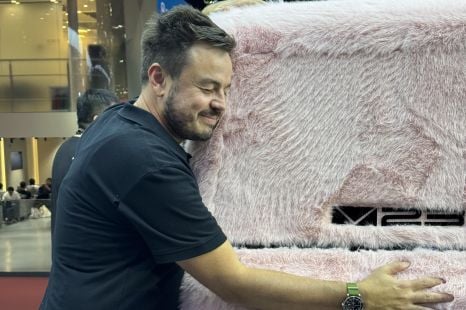

Max Davies
1 Hour Ago
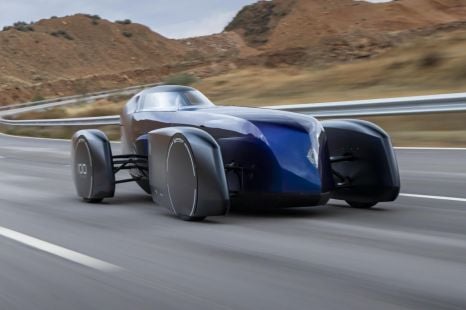

Derek Fung
2 Hours Ago


Max Davies
9 Hours Ago


Damion Smy
17 Hours Ago